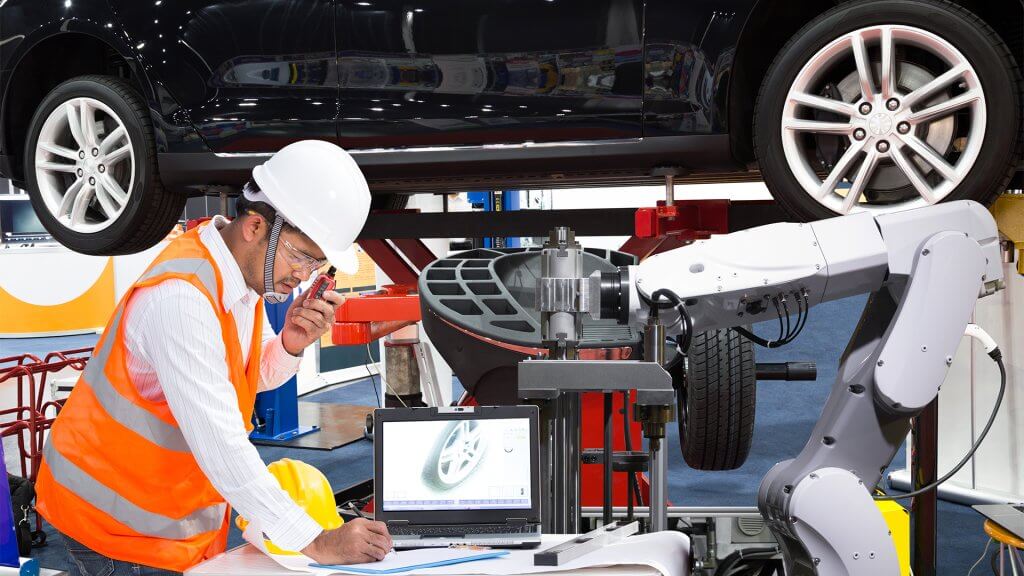
The construction, transportation and retail industries have one thing in common with many other sectors of the economy: they are directly affected by the change in mobility policies. Numerous laws, directives, subsidies and restrictions flank the transition to sustainable mobility, affecting not only OEMs, fleet operators and logistics companies, but also housing and parking companies, manufacturers and sellers of goods, and anyone who has integrated vehicles into their day-to-day operations in any way.
The mobility revolution is progressing steadily. In the coming years, new developments will gain significance and numerous initiated processes will lead to concrete results. The Berlin-based consultancy M3E, which specializes in electromobility and alternative drive technologies, has identified 5 key policy trends for sustainable mobility in Europe that will become important for companies from numerous sectors in the coming years. Knowledge of the key policy trends and far-sighted planning are therefore essential for companies.
1. More and more European countries are abolishing available incentives for plug-in hybrids (PHEVs).
The plug-in hybrid drive, often referred to as a bridging technology, has found its way into company fleets in particular in recent years – generous subsidies have contributed to this. This will change in the coming years. In future, subsidies will focus primarily on locally emission-free drives. Companies should therefore analyze their driving profiles and operating costs even more than before in order to secure suitable vehicles and the highest possible subsidy shares.
2. Price transparency at public charging points is being increased in more and more European countries through new legislation, a process that was initiated with the adoption of the European AFIR regulation.
More transparency at charging stations is good news for all electric car drivers. For manufacturers and operators of charging infrastructure, this means that they need to keep an eye on the changing directives and, if necessary, equip their charging stations with appropriate software solutions.
3. More and more European countries are introducing CO₂-based toll systems, a process that was initiated by the amendment to the Eurovignette Directive.
In order to accelerate the switch to climate-neutral drive systems, the amended Eurovignette Directive requires the truck toll to be linked to the level of CO₂ emissions in future. In Germany, this has already been the case for trucks over 3.5 tons since this year, and all EU countries that have not yet implemented the requirements must follow suit by 2027.
4. More and more European countries are introducing obligations to install charging infrastructure in new buildings and making it easier for tenants to install it in existing buildings.
Electric car drivers want to charge their vehicles at home or at work. New legislation takes this into account. For the construction and real estate industry, the planning and installation of charging infrastructure will therefore become an integral part of future projects.
5. More and more European companies are required by the CSRD Regulation to disclose their transport emissions, including supply chain emissions.
This obligation will affect more than 50,000 European companies from 2026. Transport emissions are becoming increasingly important in companies’ decarbonization strategies. All sectors will be affected by the upcoming regulation. In future, it will be essential to calculate economically optimal procurement paths for alternative drive systems, with emissions calculations playing an important role. M3E is already developing an efficient solution for this.
“These five exemplary policy trends show that the transition of mobility will continue to require attention and adaptation strategies across all sectors in the coming years. It is therefore important for companies to have a good knowledge of the relevant laws, directives and measures at regional, national and European level,” explains Dr. Christian Milan, founder and CEO of M3E. “In order to make it easier for companies to access the mostly scattered information, we have created the “M3E Policy Report – Sustainable Mobility in Europe 2024”, a comprehensive reference work that is indispensable as a basis for decision-making and strategy development,” continues Dr. Milan.
M3E Policy Report – Sustainable Mobility in Europe 2024 now also available for 1 country resp. 3, 5 or 10 countries
The report provides comprehensive information on non-monetary incentives, positive and negative tax measures, restrictions and other mobility-related regulations as well as a summary overview of funding programs in each country. The report also contains recommendations for action, which can optionally be individualized. The report can be ordered in four languages (DE, EN, FR, ES) and will be updated annually from now on.
The aggregated data and the well-founded analyses serve fleet managers, OEMs, logistics and supply companies as well as companies from many other sectors as a strategic tool that is indispensable both for decision-making in the present and for strategic planning for the future.


























